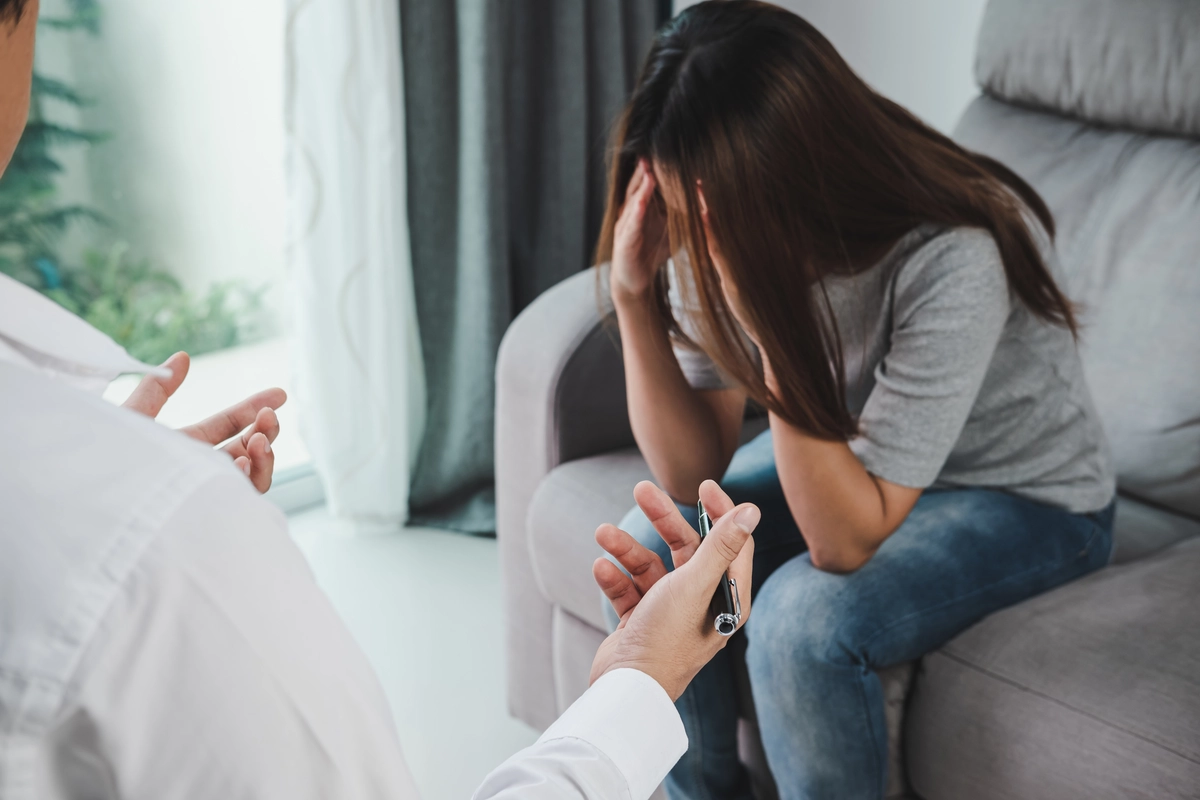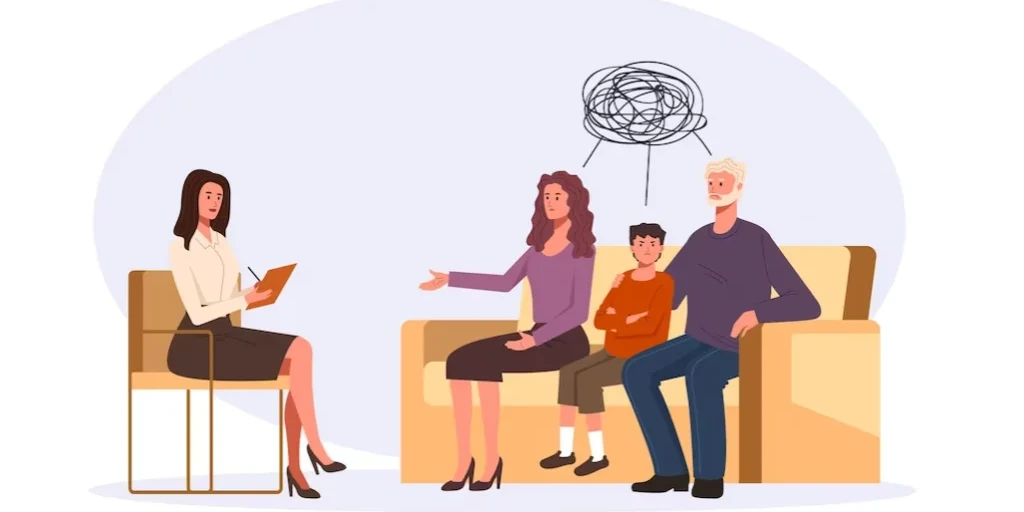24/7 Helpline:
(866) 899-111424/7 Helpline:
(866) 899-1114
Learn more about Opioid Rehab centers in Menominee County










Menominee County Alcohol and Drug Abuse Treatment
Menominee County Alcohol and Drug Abuse Treatment is a public rehab located in Keshena, Wisconsin. M...













Other Insurance Options

Ceridian

Highmark

Health Partners

BlueShield

GEHA

Meritain

WellCare Health Plans

Amerigroup

Premera

EmblemHealth

PHCS Network
Beacon

Self-pay options

Anthem

UMR

Sutter

Evernorth

Humana

Molina Healthcare

Coventry Health Care